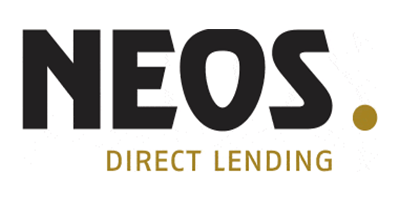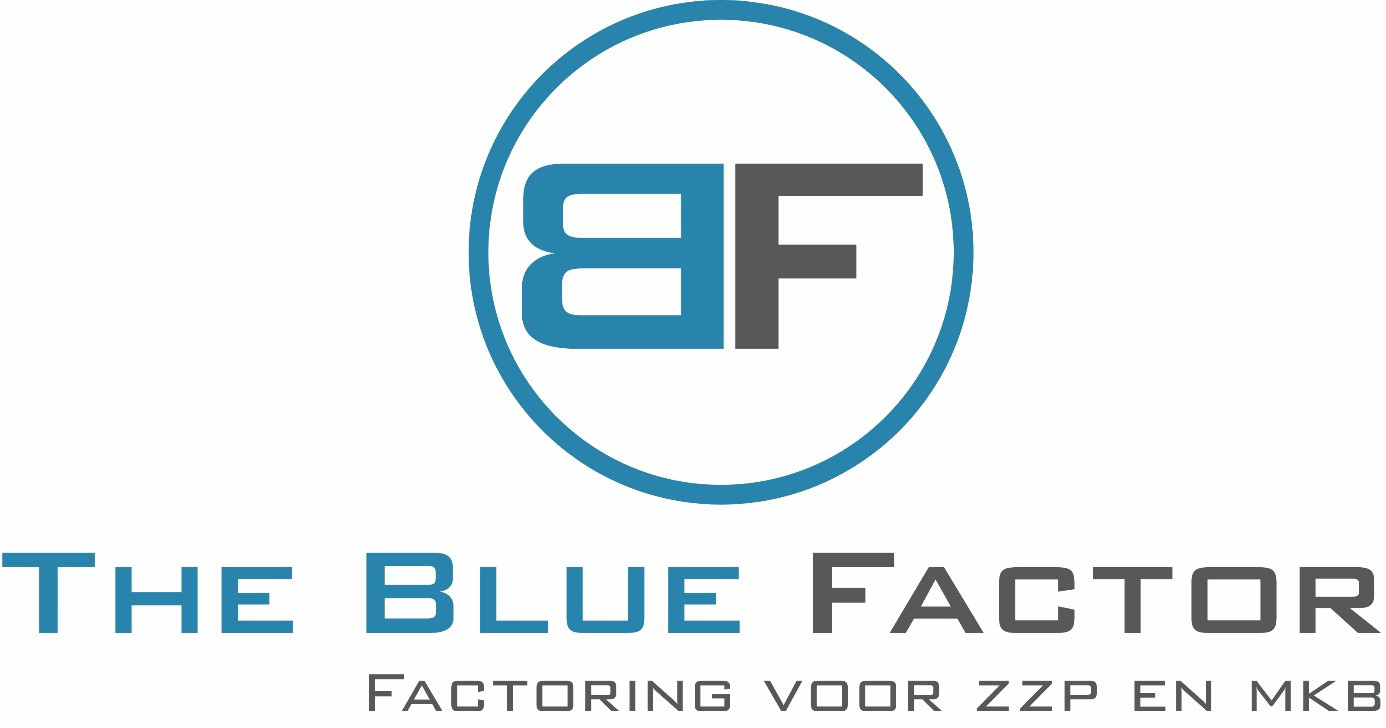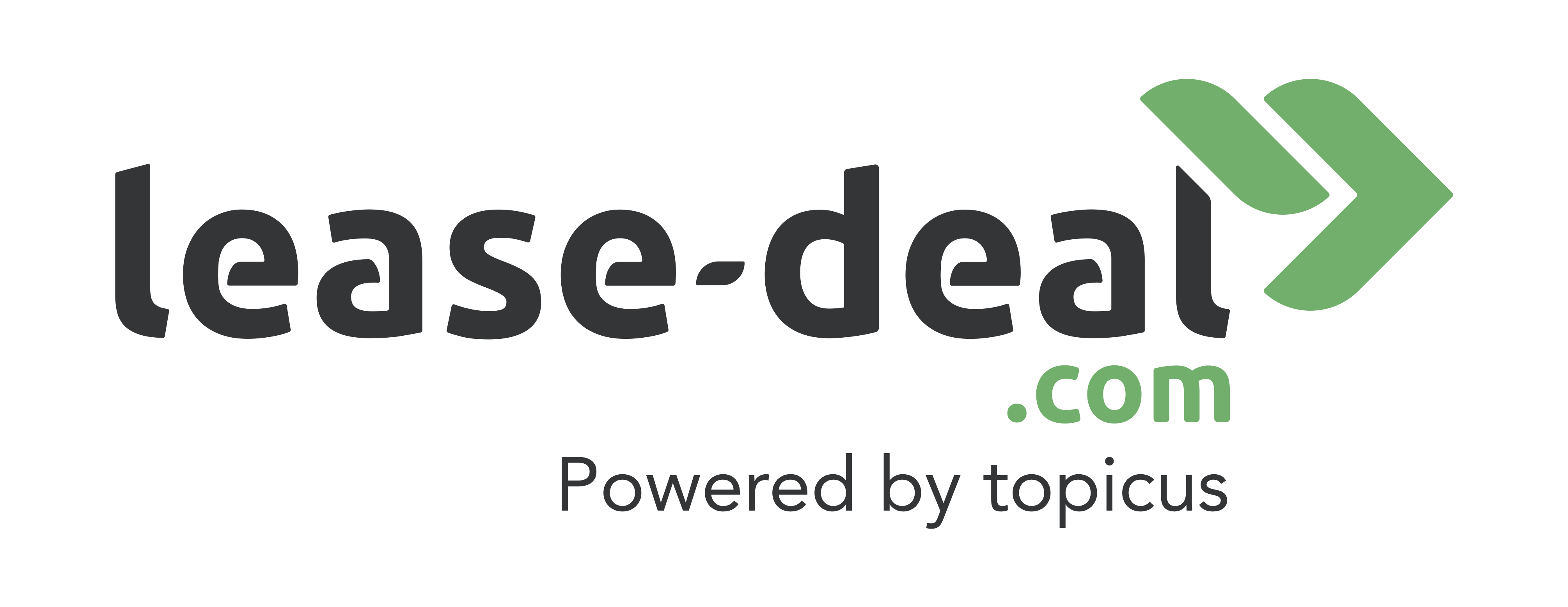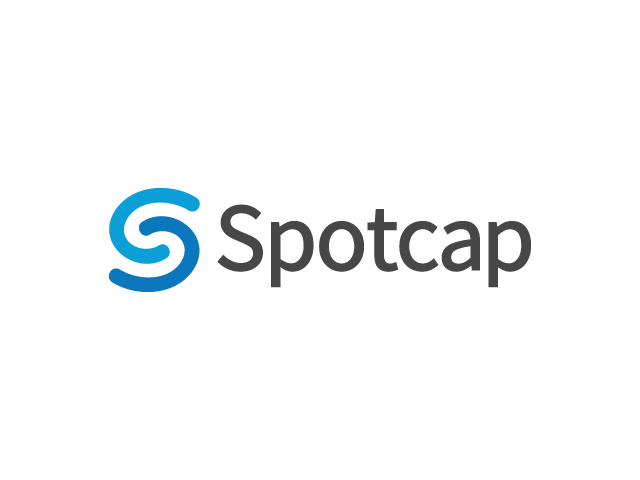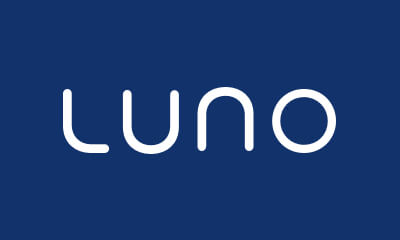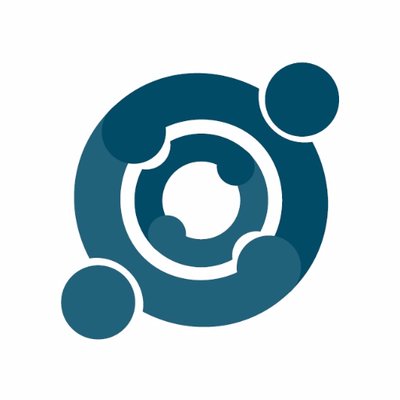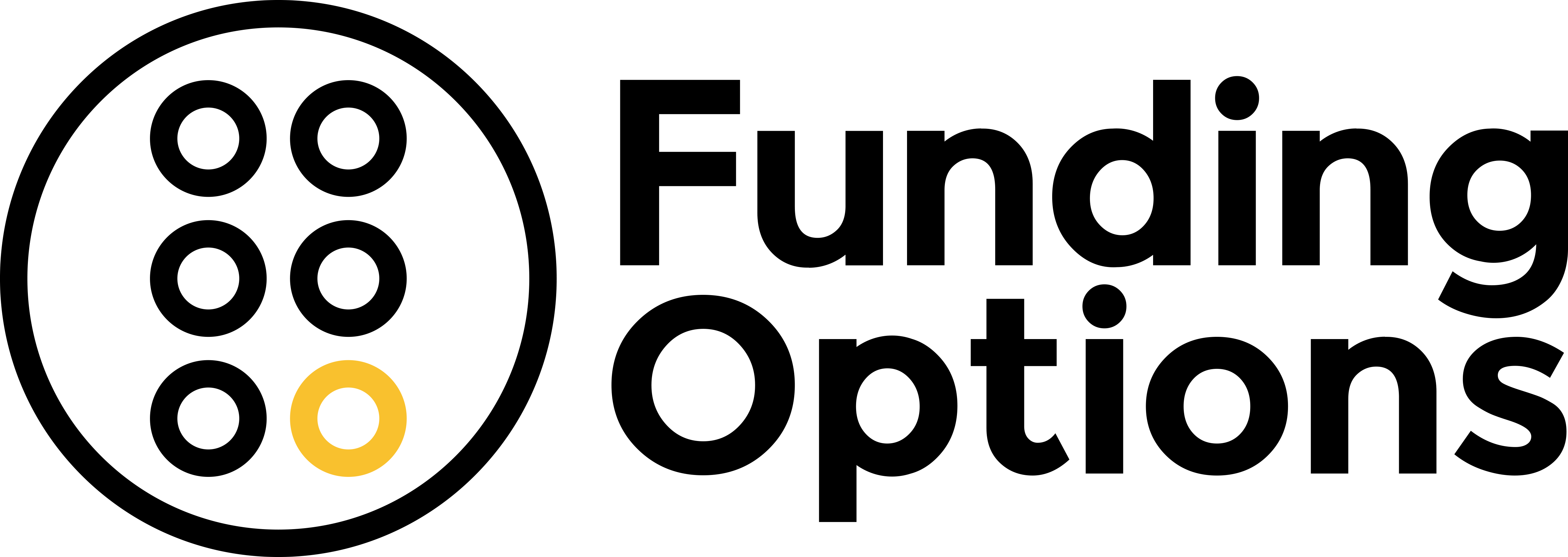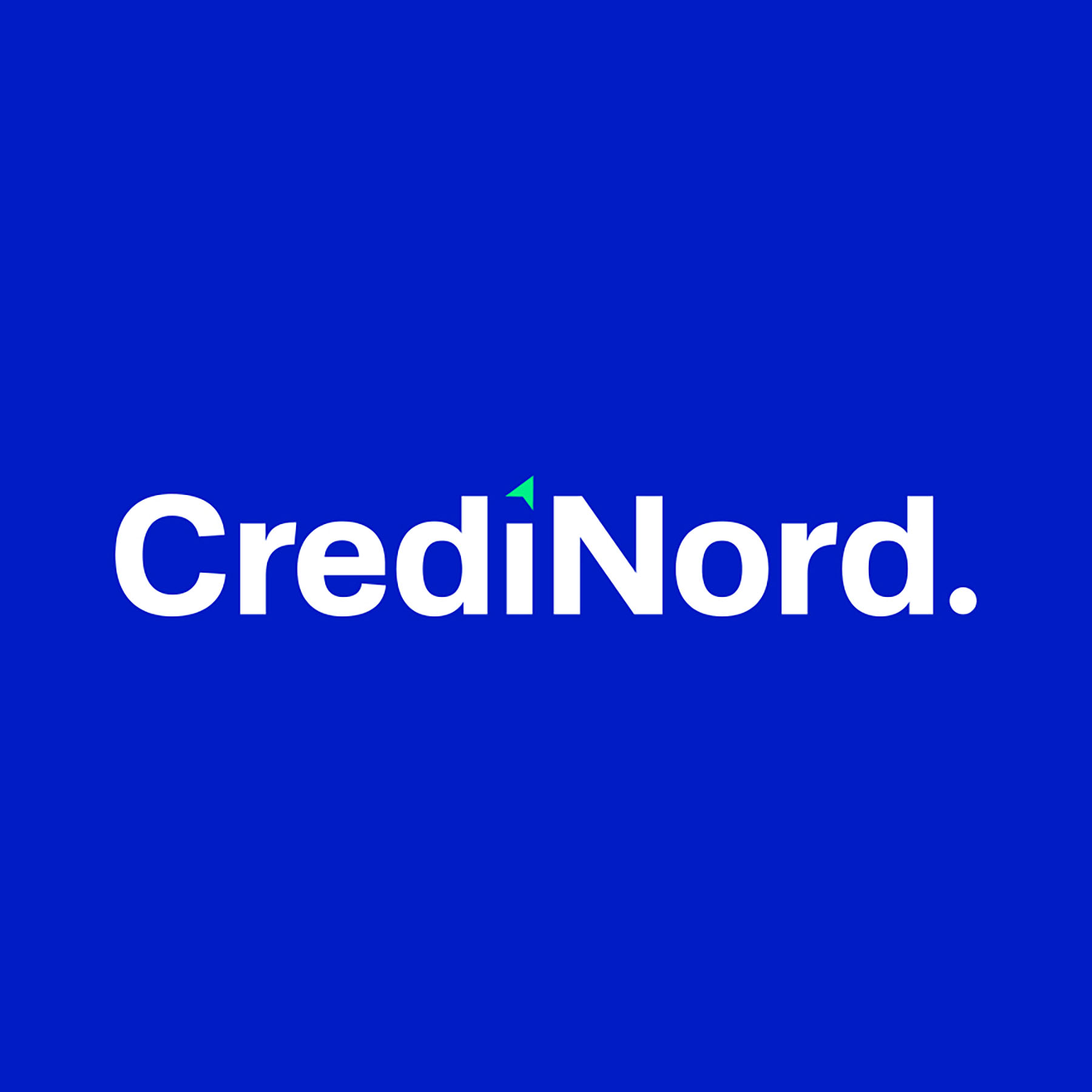Fintech is a catalyst for rapid change in our new normal
2020 has been a year like no other. What began as an exciting start to a new decade, full of promises and possibilities, has turned into a real-life manifestation of the business mantra ‘expect the unexpected’. Any period of uncertainty can be a catalyst for rapid change and progress. Our alternative finance (AltFi) sector too can benefit from the significant changes taking place worldwide.
Global digital adoption levels are one of the key drivers of change. According to McKinsey, we have vaulted five years forward in a matter of eight weeks. This has had a big impact on the way traditional banks operate: they’ve had to adjust quickly to remote sales and service teams and embrace digital customer outreach.
Everything has changed but nothing has changed
Traditional banks mainly were tasked with providing government-backed loans as part of national support packages. AltFi providers played a much smaller role – with local variations – despite having the technology and expertise to quickly process business loan applications.
Regardless of the current challenges, a great deal remains the same. AltFi providers saw demand for business finance recover very quickly. Plenty of businesses are thriving in the current climate and their need for growth capital remains. The free market has never gone away and AltFi providers will play a starring role in the recovery of economies worldwide.
From Open Banking to recovery
PSD2 / Open Banking will be key to AltFi’s success and economic recovery as it plays right into worldwide digital adoption trends. The UK leads the charge in Europe as customer use of Open Banking in the country passed the one million customer milestone, while the Netherlands lags behind. However, recent events have caused a lasting shift in the way people interact with banks.
It has strengthened the industry’s resolve. A survey by Open Banking provider Yolt found that half of banks, lenders, retailers and personal finance management tools in the UK and the Netherlands did not see their Open Banking adoption plans disrupted by the pandemic. In fact, 12 percent planned to accelerate these plans.
What’s more, the industry is currently in an ideal position to leapfrog ahead. From an alternative business finance perspective, one of the main benefits of Open Banking is that it speeds up risk modeling. Entrepreneurs can quickly identify and apply for the right business finance product from a range of AltFi providers.
The next step in Open Banking is to extend the clever use of data to other industries. We are already seeing AltFi providers offer complementary products. For example, Klarna recently introduced online savings account offering in Germany. However, the possibilities are not restricted to the finance sector as AltFi providers can use their technology platforms and expertise for different sector products too, e.g. energy or telecommunications.
Digital-first approach to finance
With the rise in digital technology adoption levels, customers rightly expect a digital-first approach to lending. With Open Banking the loan application process can be fully automated, but we mustn’t forget that B2B fintech is still a people’s business. The real challenge for fintech is to identify when technology is a help or a hindrance. It’s therefore crucial to complement advanced technology with experts who can guide customers through tricky applications.
At a time where entrepreneurs must expect the unexpected, AltFi providers are in an ideal position to use their tech platforms and people to quickly provide certainty and peace of mind in business finance.

